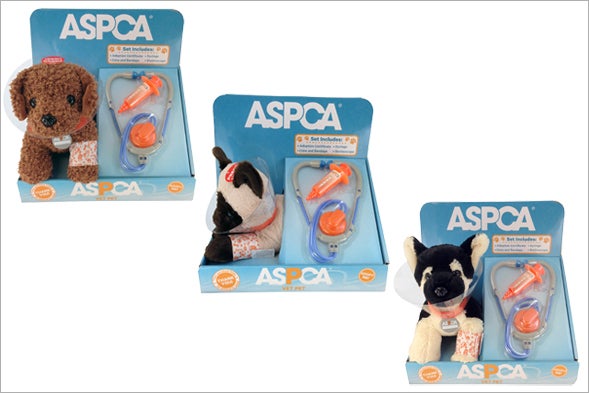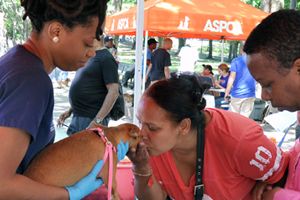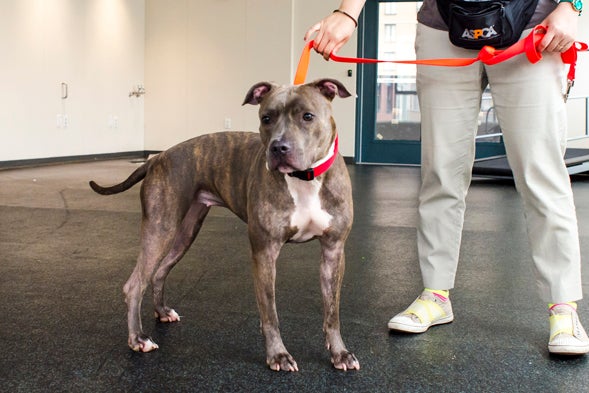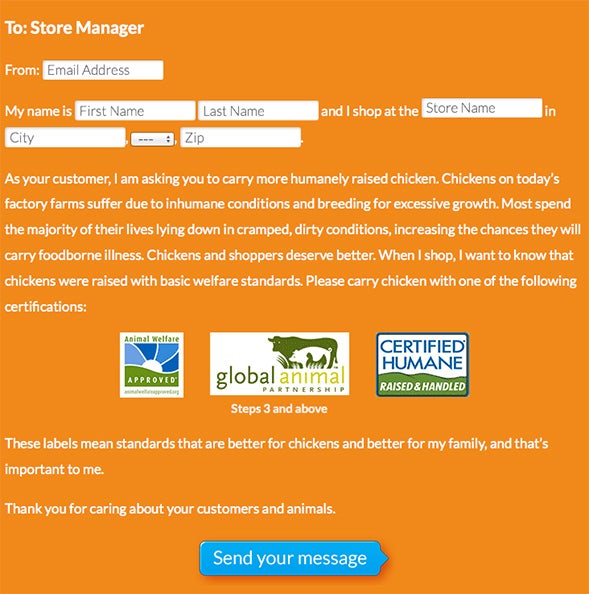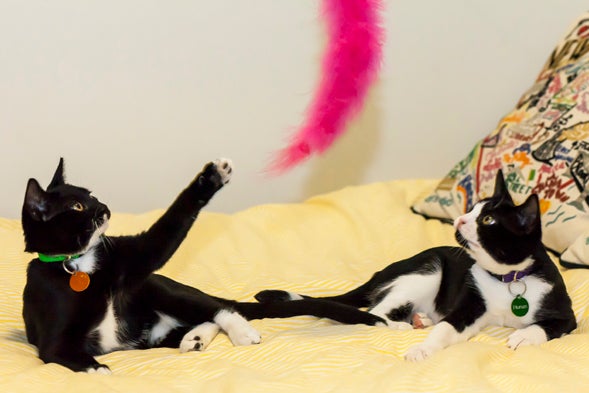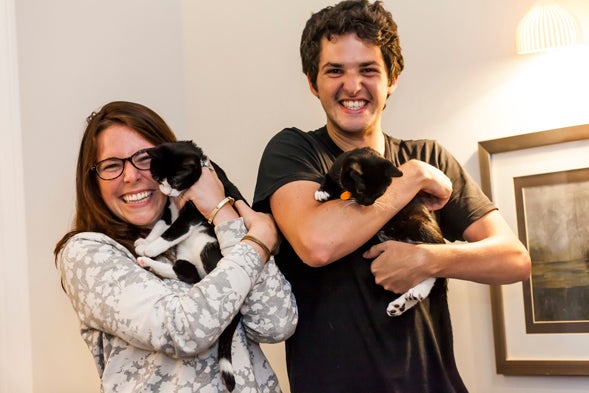Animal lovers from across the Lone Star State adopted 2,256 cats, kittens, dogs and puppies—and even a few pocket pets—on Saturday, August 16, during “Empty the Shelter Day,” the largest ever pet adoption effort in North Texas, sponsored in part by the ASPCA.
Shelters large and small, municipal and non-profit—33 total—literally emptied their shelters during the one-day, fee-waived adoption event.
“It was a sight to see and the best day of my 18-year career,” said Corey Price, animal services manager for the City of Irving Animal Services, an open-admission shelter. “Veterans of the animal welfare community were left speechless, and shelter workers and volunteers shed tears as they walked past empty kennels and cages.”
It was Price who set the wheels in motion in June for the multiple-shelter collaboration when she and her staff began thinking beyond the smaller scale “Empty the Shelter” event they had hosted in previous years. They pitched the idea to broadcaster NBC5/Telemundo39, which immediately got on board, and began spreading the word.
Shelters signed on like wildfire. NBC5/Telemundo39 provided PSAs and promotional coverage; the ASPCA provided funds for other local advertising and grassroots efforts.
![Lines of soon-to-be-adopters Lines of soon-to-be-adopters]()
Lines of soon-to-be-adopters began at 7 a.m. at the Humane Society of North Texas in Ft. Worth.
Ann Barnes, executive director of the Humane Society of North Texas, the oldest animal welfare agency in the region, placed more animals—339—than any other single agency, said the event was “all hands on deck” for her team and, despite the Texas heat and long lines, “the community support was overwhelming.”
At Dallas Animal Services, customers waited as long as three hours to adopt but were “patient and committed,” says Rebecca Poling, a board member of the Dallas Companion Animal Project, which supplied volunteers to DAS for the event. “It was not so much about adopting a pet for free as it was about saving lives. The event really gave people the chance to be a part of something.”
“People got the message,” adds Pam Burney, vice president of community initiatives for the ASPCA and who visited several participating shelters during the event. “What’s great is all the shelters did well—even small ones.”
That’s certainly true of North Richland Hills Animal Adoption & Rescue Center, which placed 39 pets during their event. “In 2013, for the entire month of August, we placed less than that—just 34,” says Chun Mezger, humane division supervisor for the City of North Richland Hills. “Our community really supported us.”
![Staff at North Richland Hills Animal Adoption & Rescue Center Staff at North Richland Hills Animal Adoption & Rescue Center]()
Staff at North Richland Hills Animal Adoption & Rescue Center rallied in memory of their co-worker Mary Beth Chastain who died of cancer four days earlier. The shelter placed 39 pets during the event—more adoptions than in the entire month of August 2013.
For Chun’s staff, the event was also tinged with sadness. “We just lost one of our own—Mary Beth Chastain, a humane officer—to cancer on Wednesday,” Mezger says. “But our team did an amazing job pulling together to honor Mary Beth by ‘knocking it out of the park’ on Saturday.”
In 2013, aggregate adoptions for the same 33 participating shelters, on the same August day, was just 266, according to Price. The final count for Empty the Shelter Day increased that number nearly ten-fold.
“For the first time ever, our two shelters were nearly empty,” says James Bias, president and CEO of the SPCA of Texas, where just three dogs remained at the organization’s Jan Rees-Jones Animal Care Center in Dallas and its Russell H. Perry Animal Care Center in McKinney stood empty. “In one day, 163 animals found their forever homes—half as many as find homes in any given week.”
![handwritten sign: "SORRY NO DOGS LEFT :)" handwritten sign: "SORRY NO DOGS LEFT :)"]()
By 4 PM, HSNT had run out of dogs (Courtesy HSNT)
“We’ve never seen room after room of empty kennels,” adds Barnes, whose organization was out of its 208 dogs by 4 p.m. and by day’s end had also placed 126 cats, two rabbits and three other small mammals. “It was a real morale booster.”
By 2:30 p.m., Dallas Animal Services was out of adoptable pets and began directing clients to its Lost and Found area where they could pre-adopt animals on stray hold if they went unclaimed. “I’d never seen it empty like this since the day we opened,” says Poling. “Pod after pod, row after row. It was almost eerie. But it was a great thing.”
![Hazel Russell and Chloe Hazel Russell and Chloe]()
Hazel Russell of Watauga, Texas adopted Chloe, a Chihuahua, at the N. Richland Hills event. (Courtesy NRHAA&RC)
Despite the myth that fee-waived adoptions don’t yield good homes for cats and dogs, Barnes says her team’s experience during “Empty the Shelter” de-bunked that theory. “Our adoption applications were perfect—just what we wanted for each animal,” she says. Adds the ASPCA’s Burney: “It’s only the fee that was waived, not the criteria. In fact, some adopters visited shelters on Friday and paid fees so they could be sure to get first pick.”
In the end, says Price, the best part was not only the support from the community, but how “participating shelters embraced and ran with the concept.”
“I’m really impressed with the North Texas animal welfare community,” she says. “This is just the beginning.”













